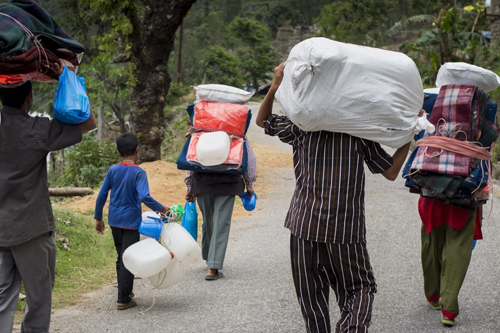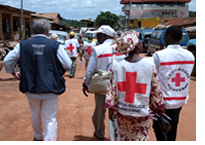Certificate in Forced Migration
Course Overview
This course introduces students to international and regional systems and standards for the protection of asylum seekers from the perspectives of history, legal, theory, and practical. It also examines the escalating challenges for refugee protection resulting from a mixed migration, and rising xenophobia.
It discusses the challenges presented by complex emergencies and mass influxes and responds to the international community to effective humanitarian aid delivery. The critical importance of approaching refugee populations as heterogeneous groups with differing needs and resources is explained and approaches to the identification of and response to special protection needs of vulnerable individuals within the community are discussed.
Forced migration was and still is a major international challenge because it lies at the heart of the fundamental concepts of humanity and equality. Attention is also given to the durable solutions for solving refugee issues i.e. repatriation, local integration, resettlement as well as the challenges presented by each of them. Individuals are compelled to move because of issues related to the war, conflict, environmental and human catastrophes, effects of globalization, and economic polarization.
Course Content
- Introduction to forced migration-history of population movements, the evolution of the refugee regime and basic concepts
- Contemporary challenges of forced migration: mixed migration, human trafficking, complex emergencies, and mass influxes
- Division of roles and responsibilities: governments, donors, NGOs, and the cluster approach
- The search for durable solutions as an integral part of protecting refugees; key challenges in a shrinking world
- International and regional frameworks for refugee protection; Geneva Convention of 1951 and 1967 protocol.
- The search for durable solutions as an integral part of protecting refugees; key challenges in a shrinking world
- Participatory needs assessment of refugee populations; identification of and response to individuals with special protection needs.
- Participatory needs assessment of refugee populations; identification of and response to individuals with special protection needs.
Exercises:
After they have read the material for each unit, students are expected to test their own learning by completing some relevant exercises and tasks.
Assignments:
In order to demonstrate their understanding of the course content, students will be required to submit three assignments.
Training format:
All materials are made available through our online learning platform
Course duration: 3 months
Course fee: €500
Regions targeted: Global
Language: English and French




